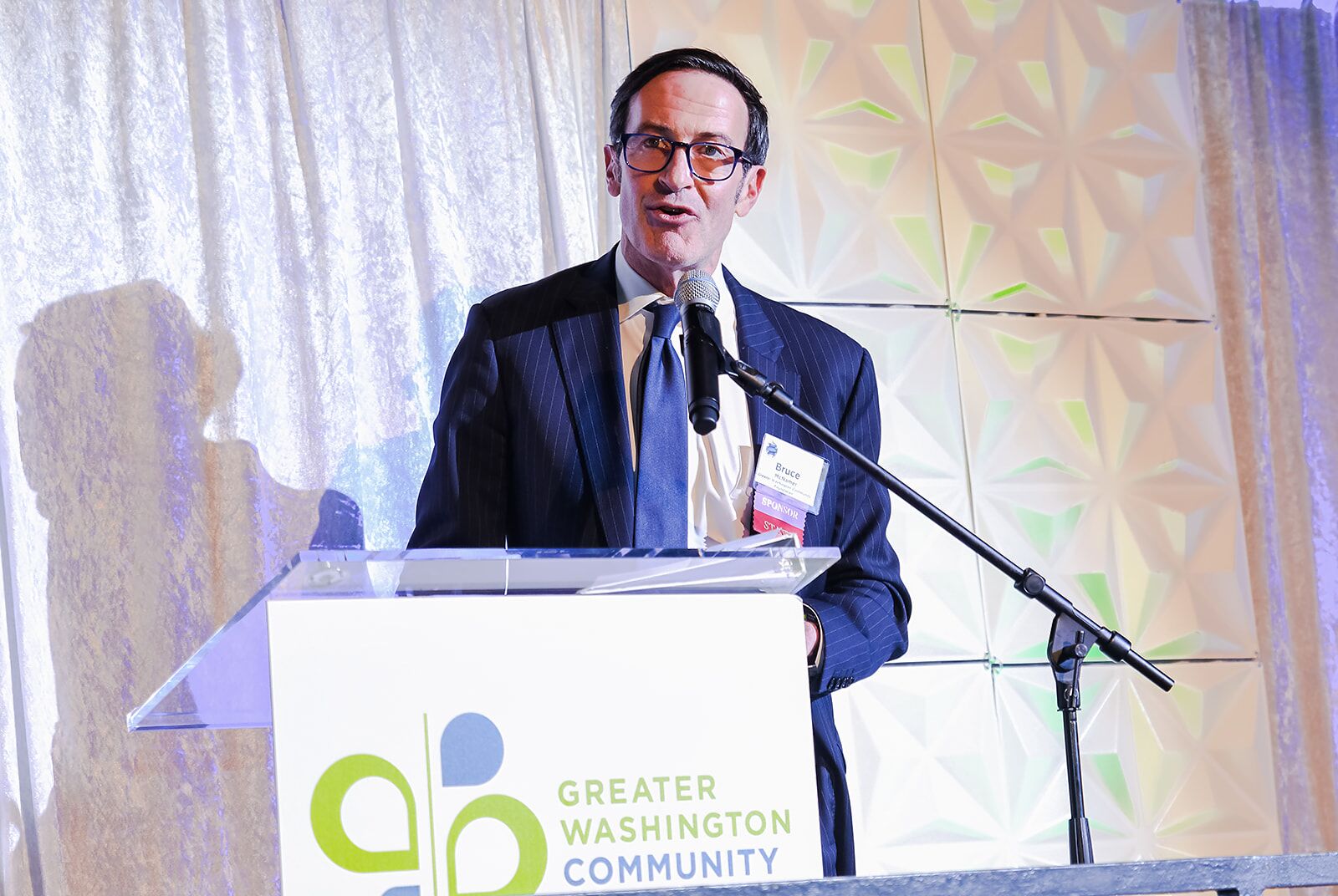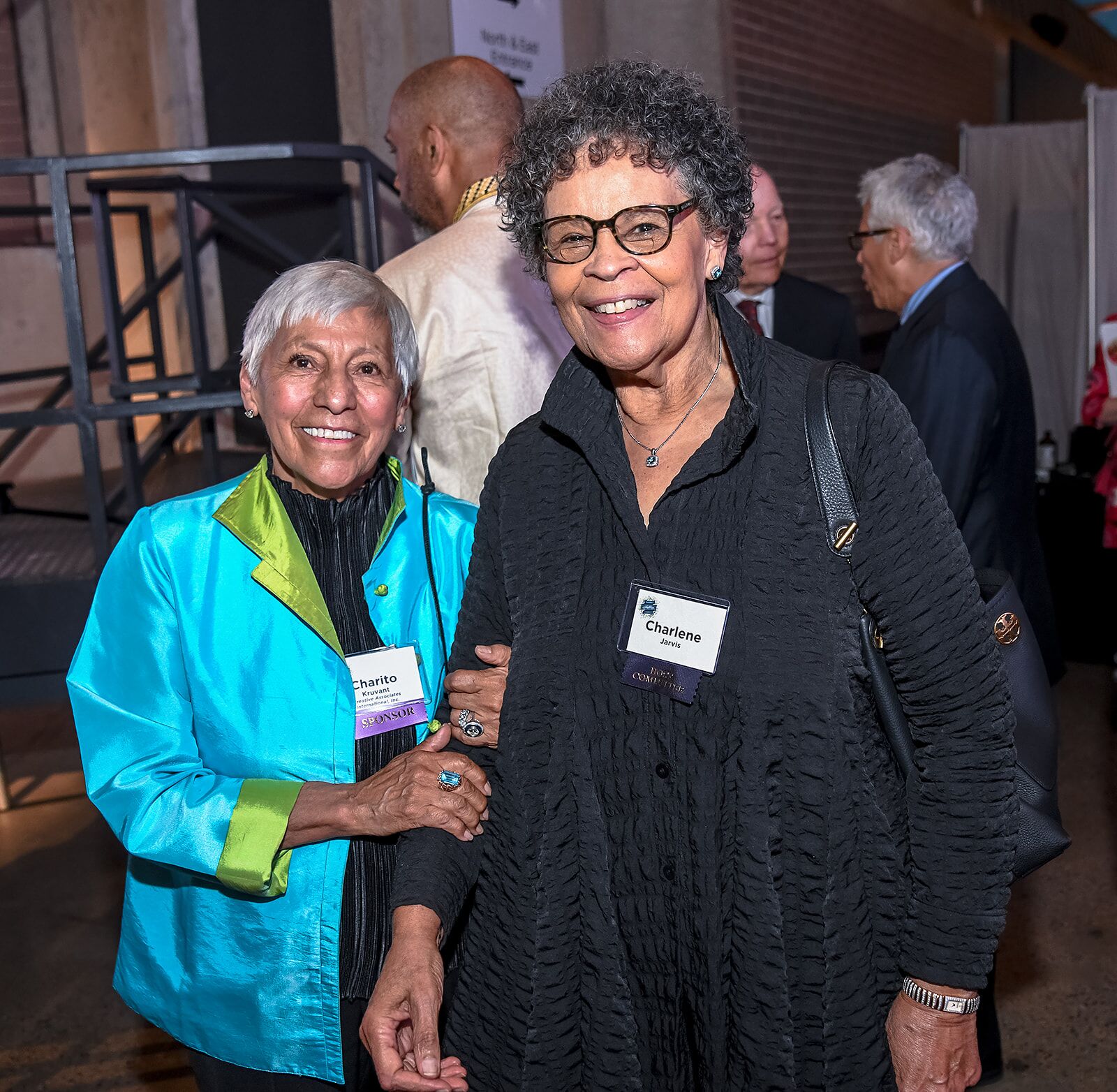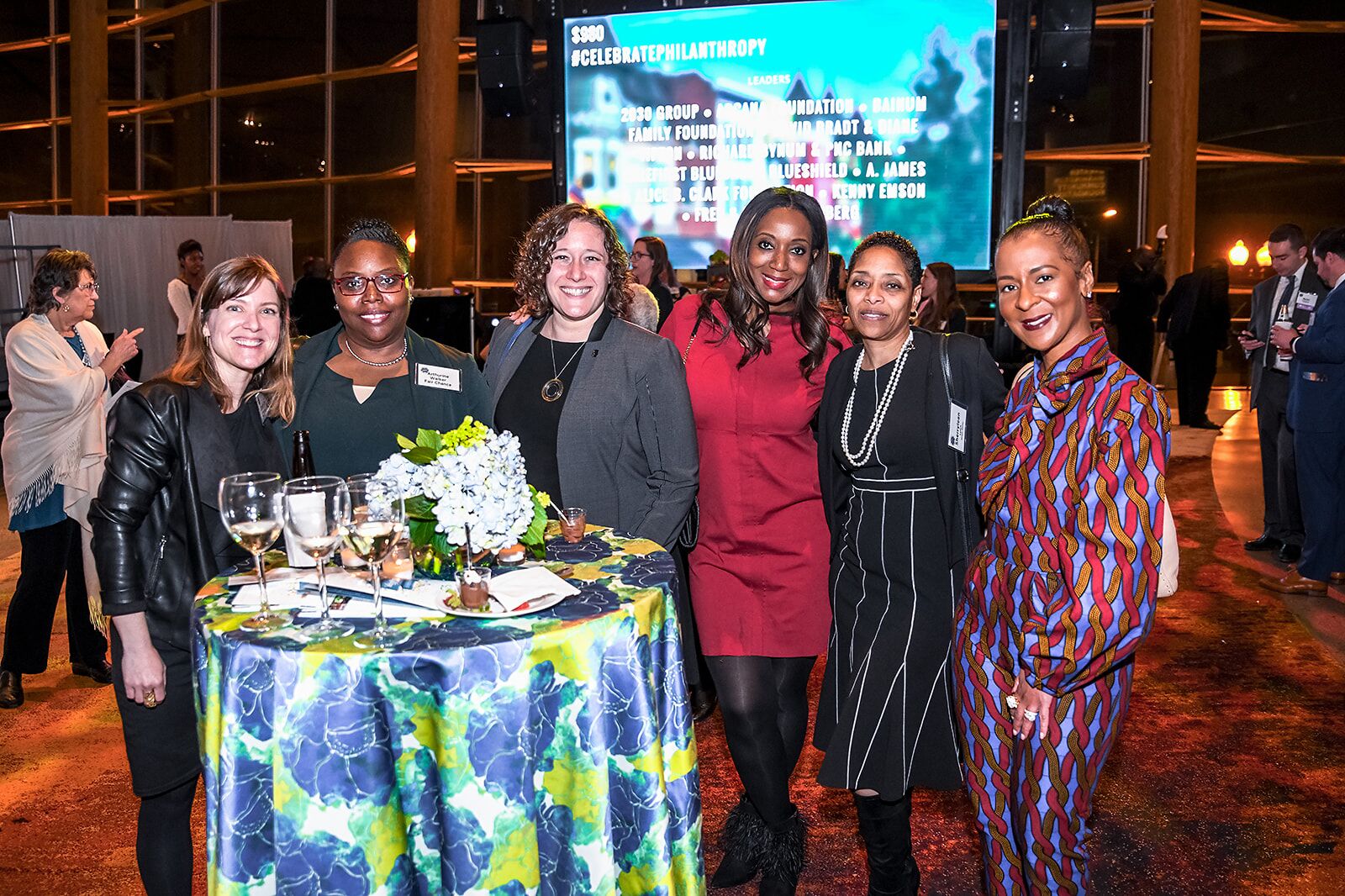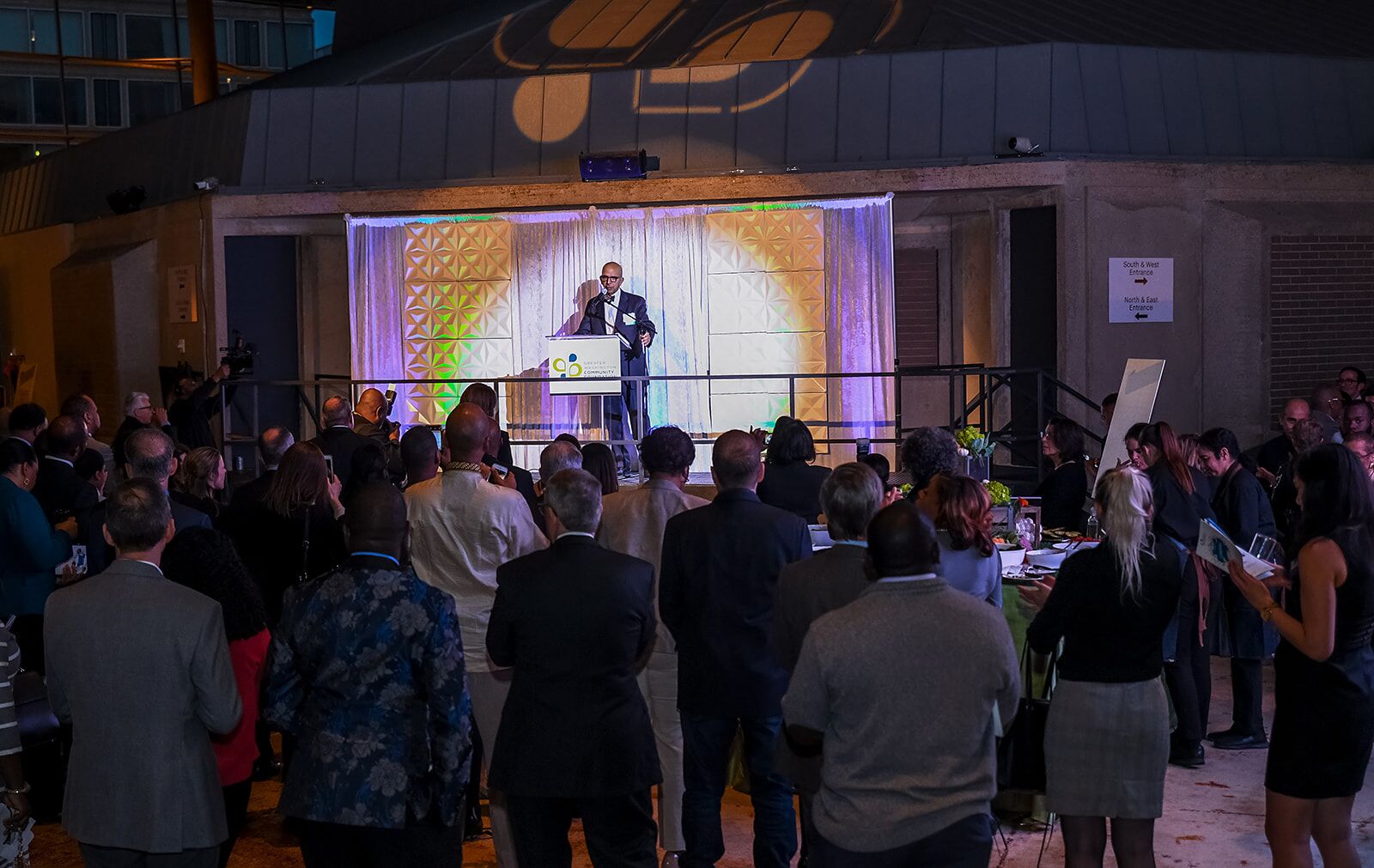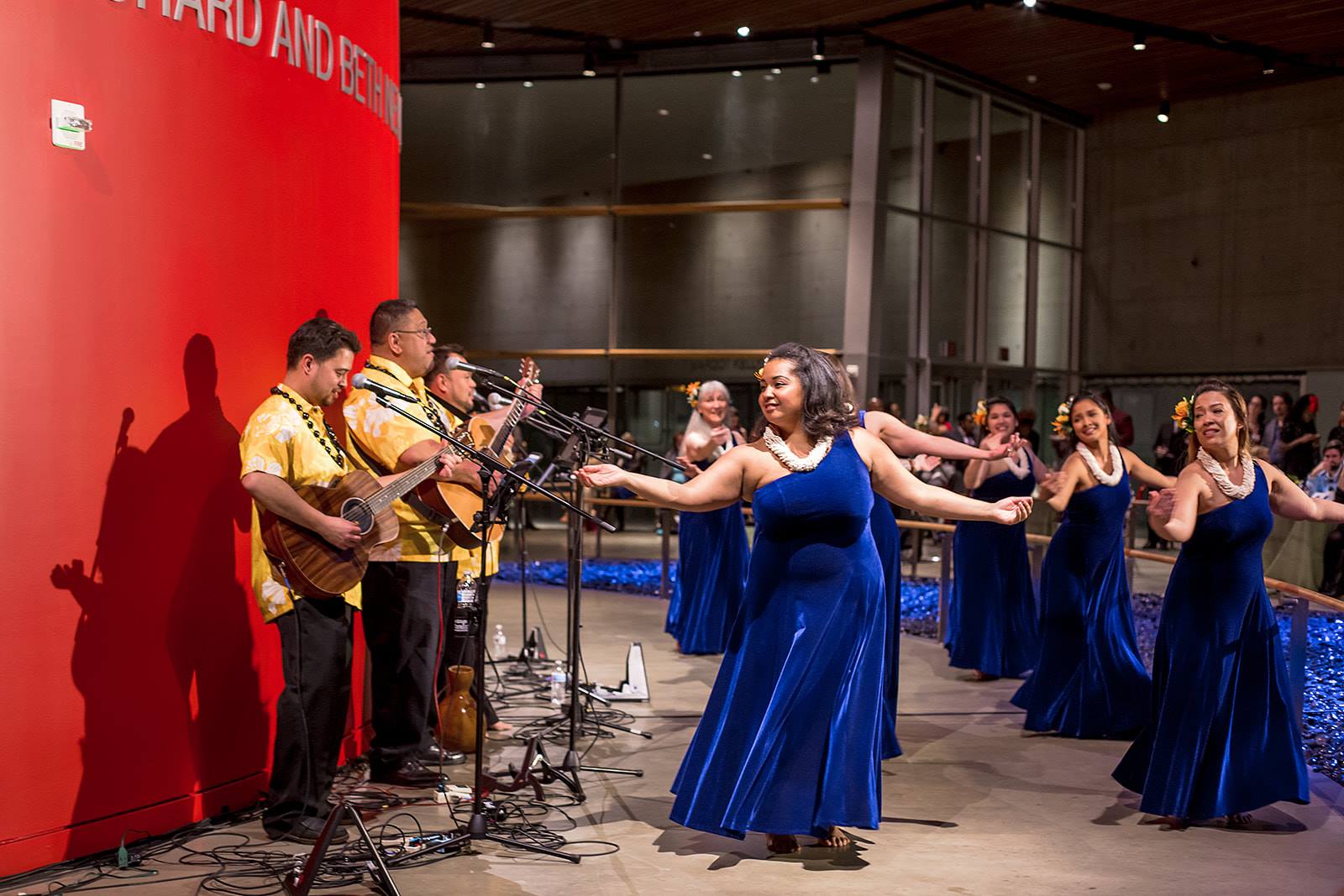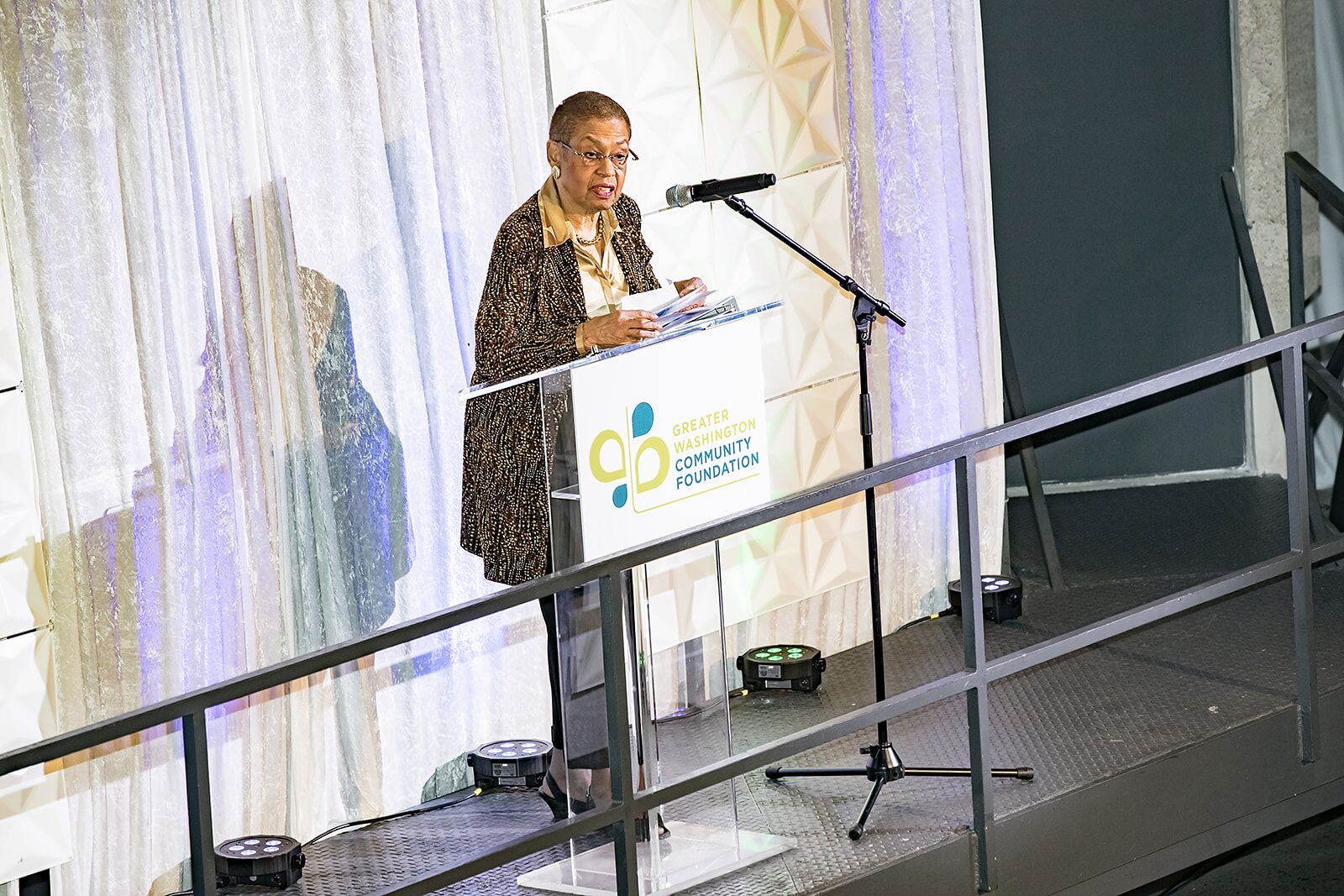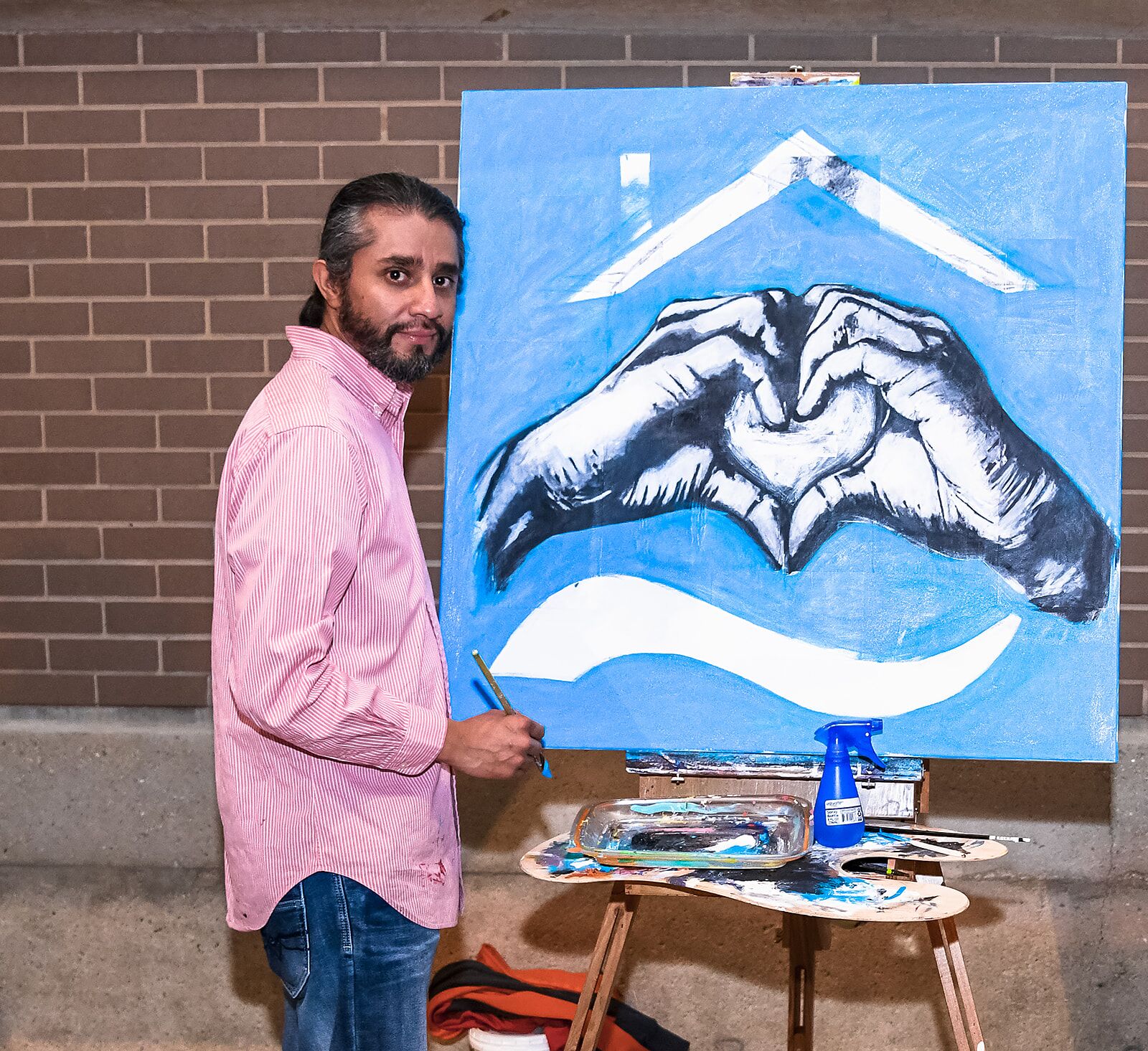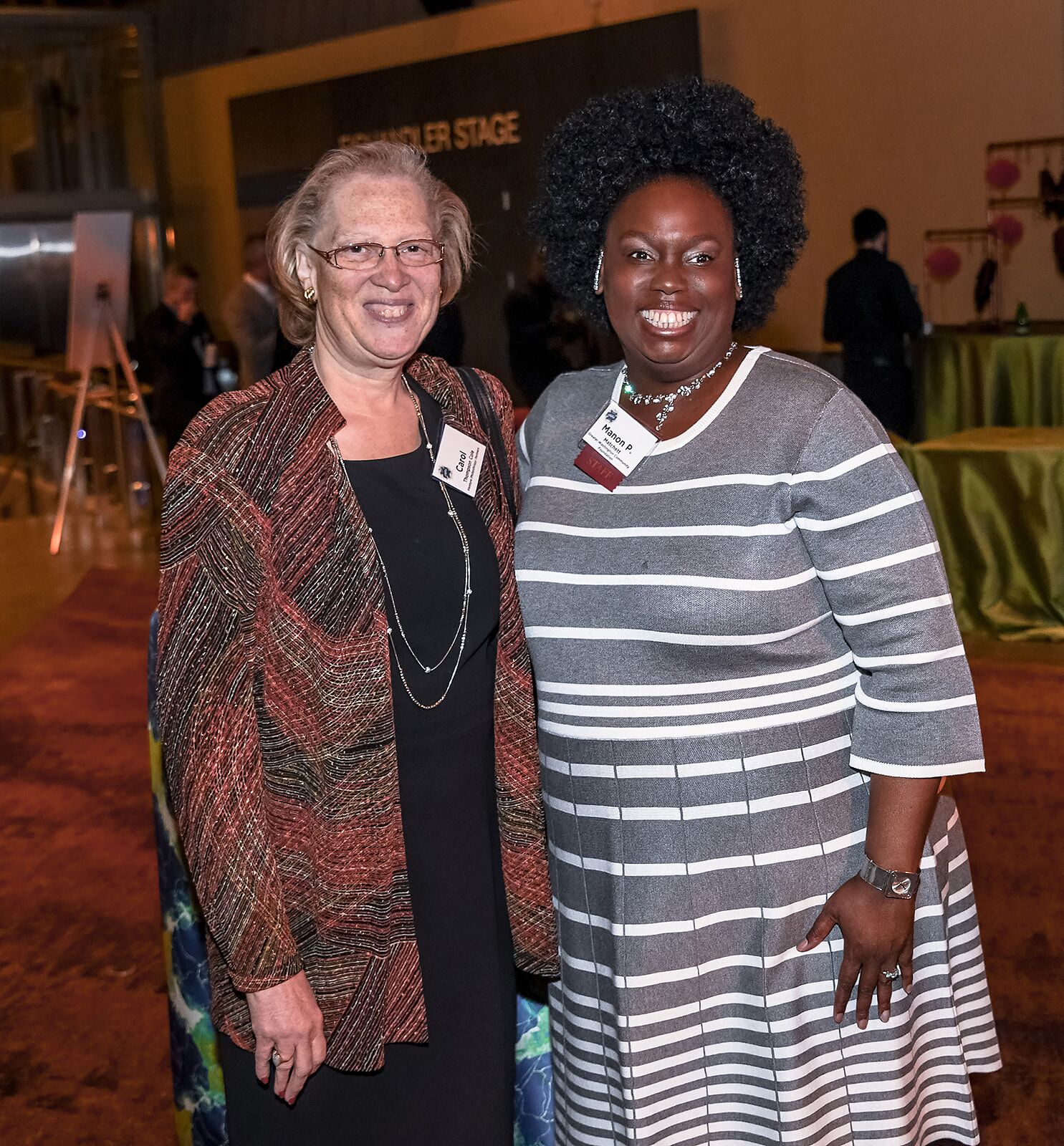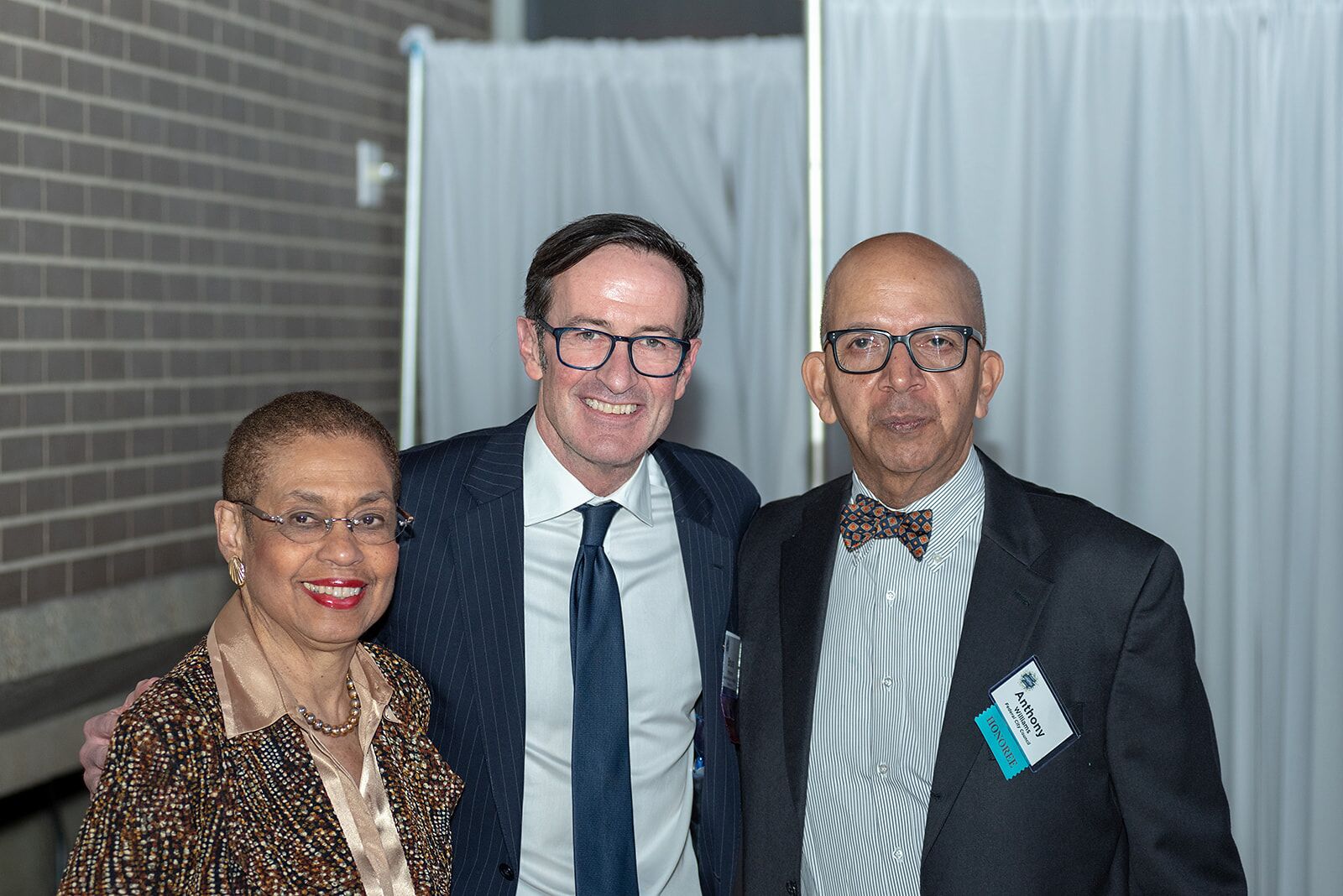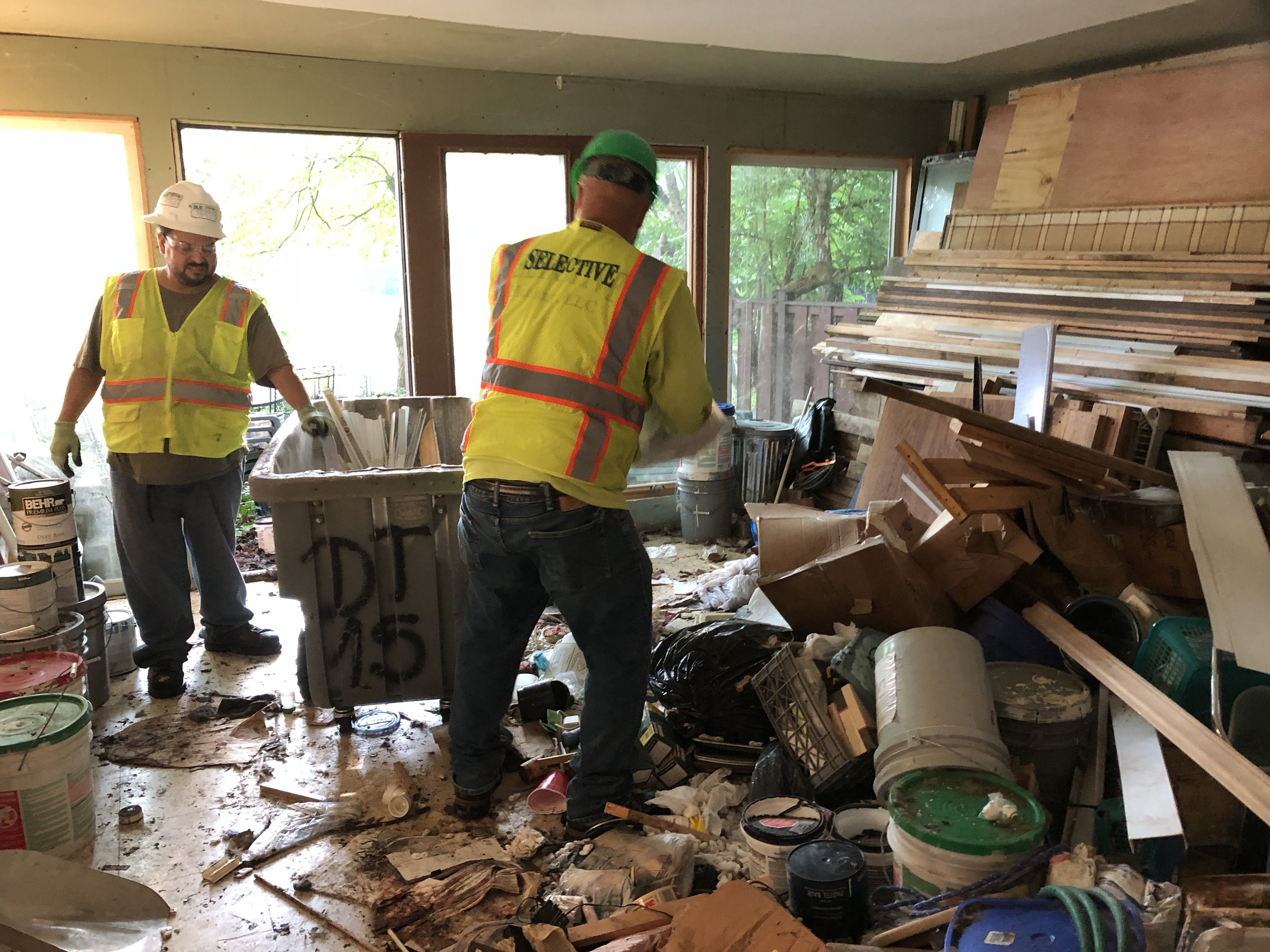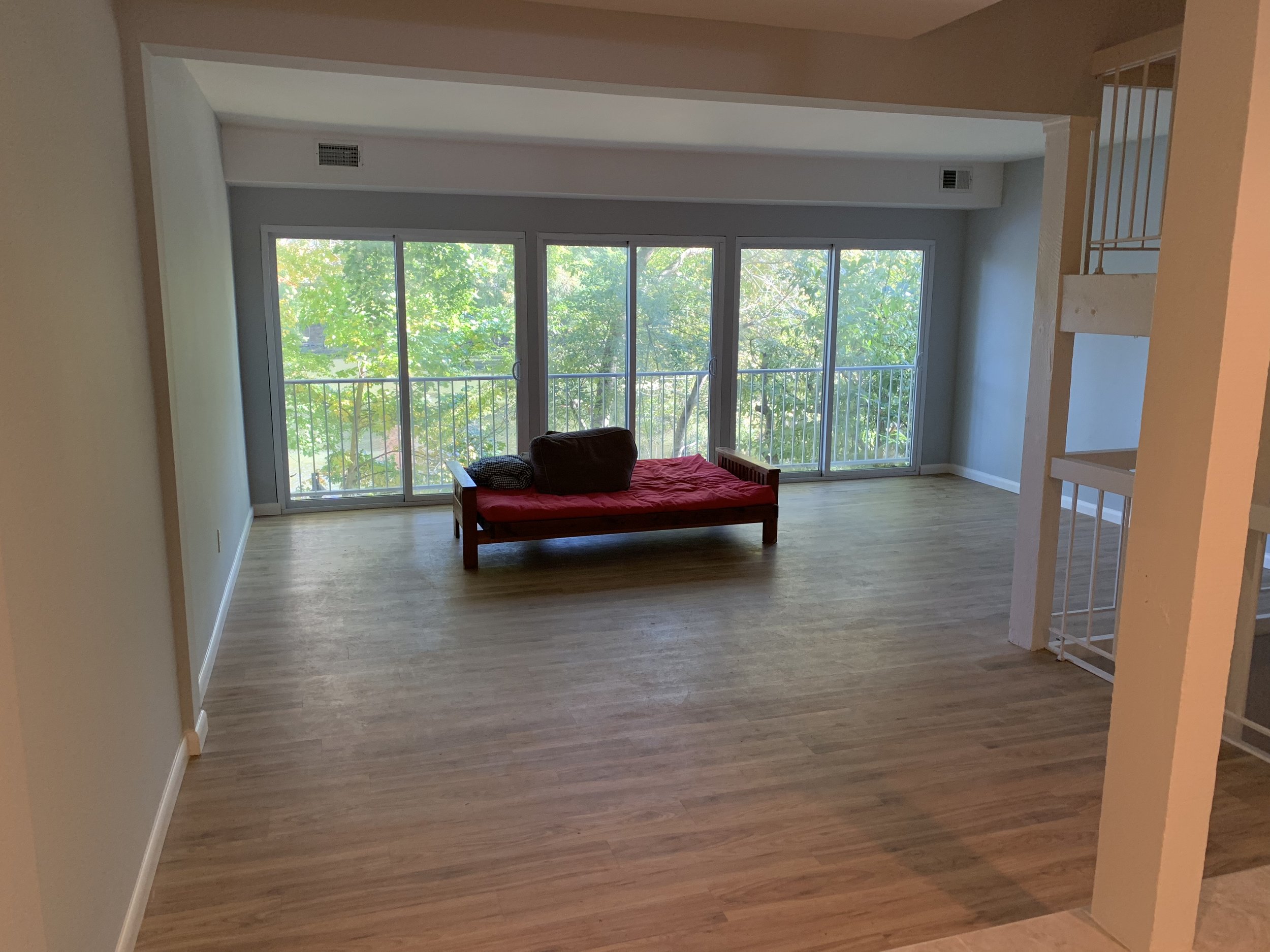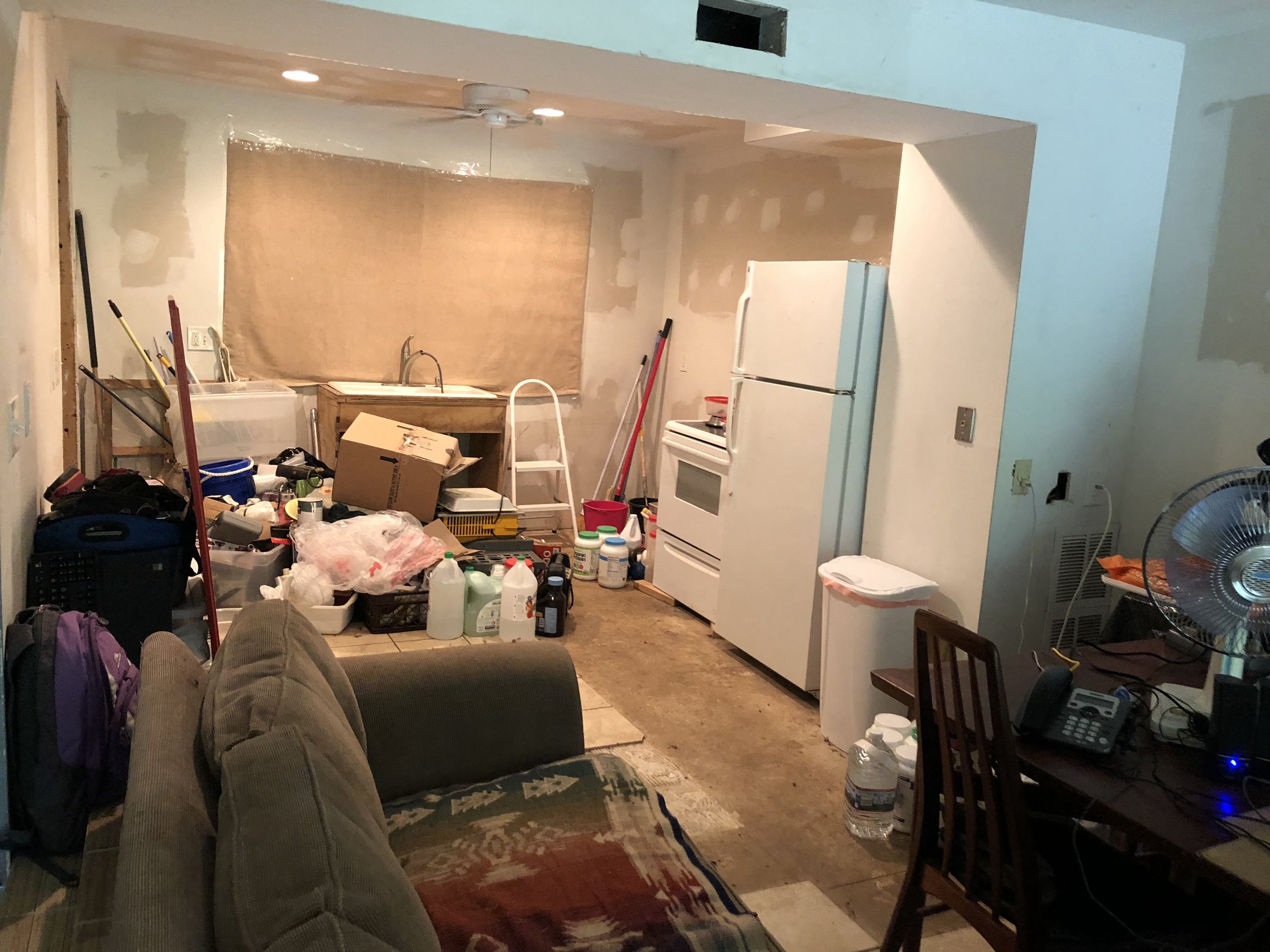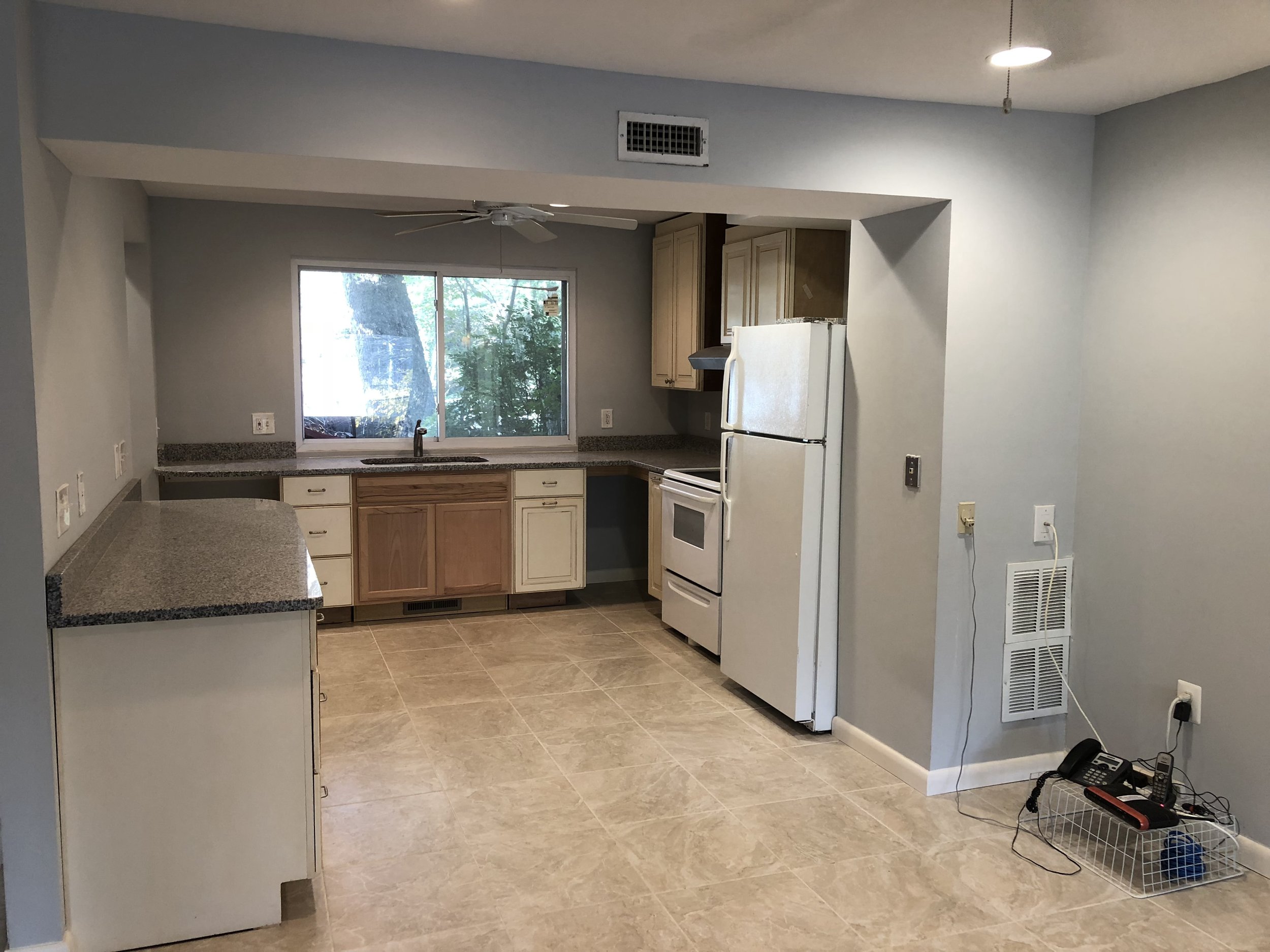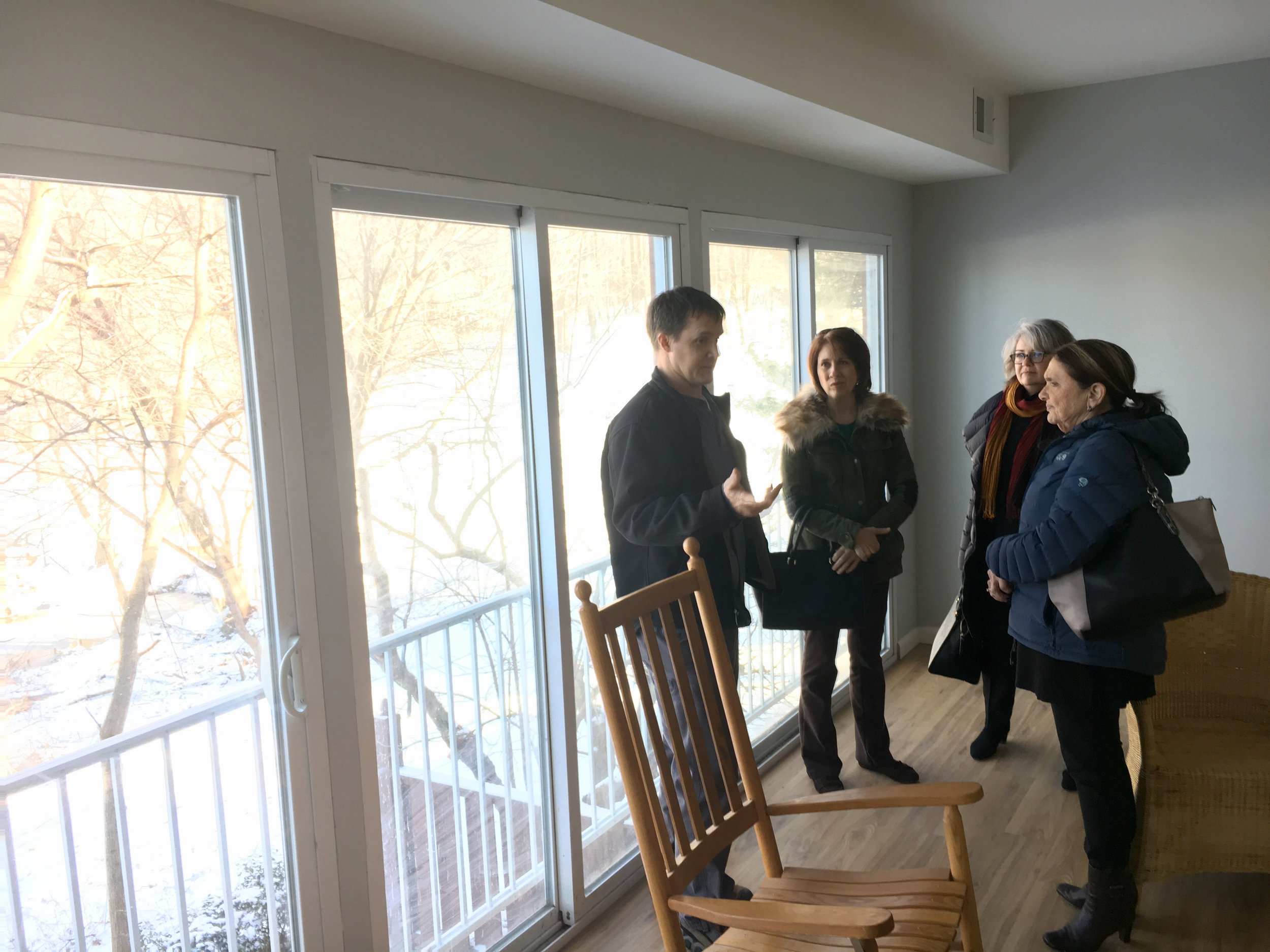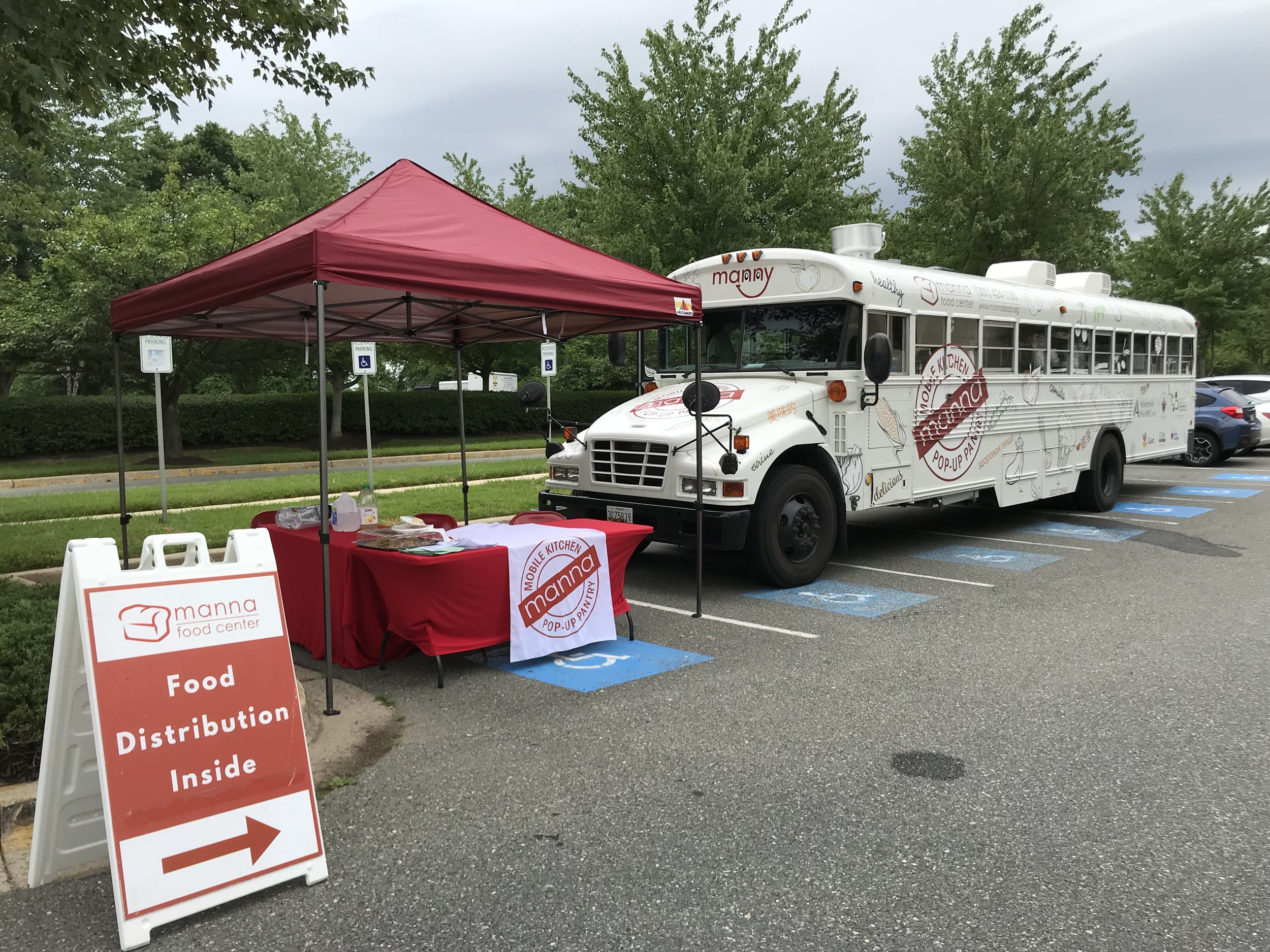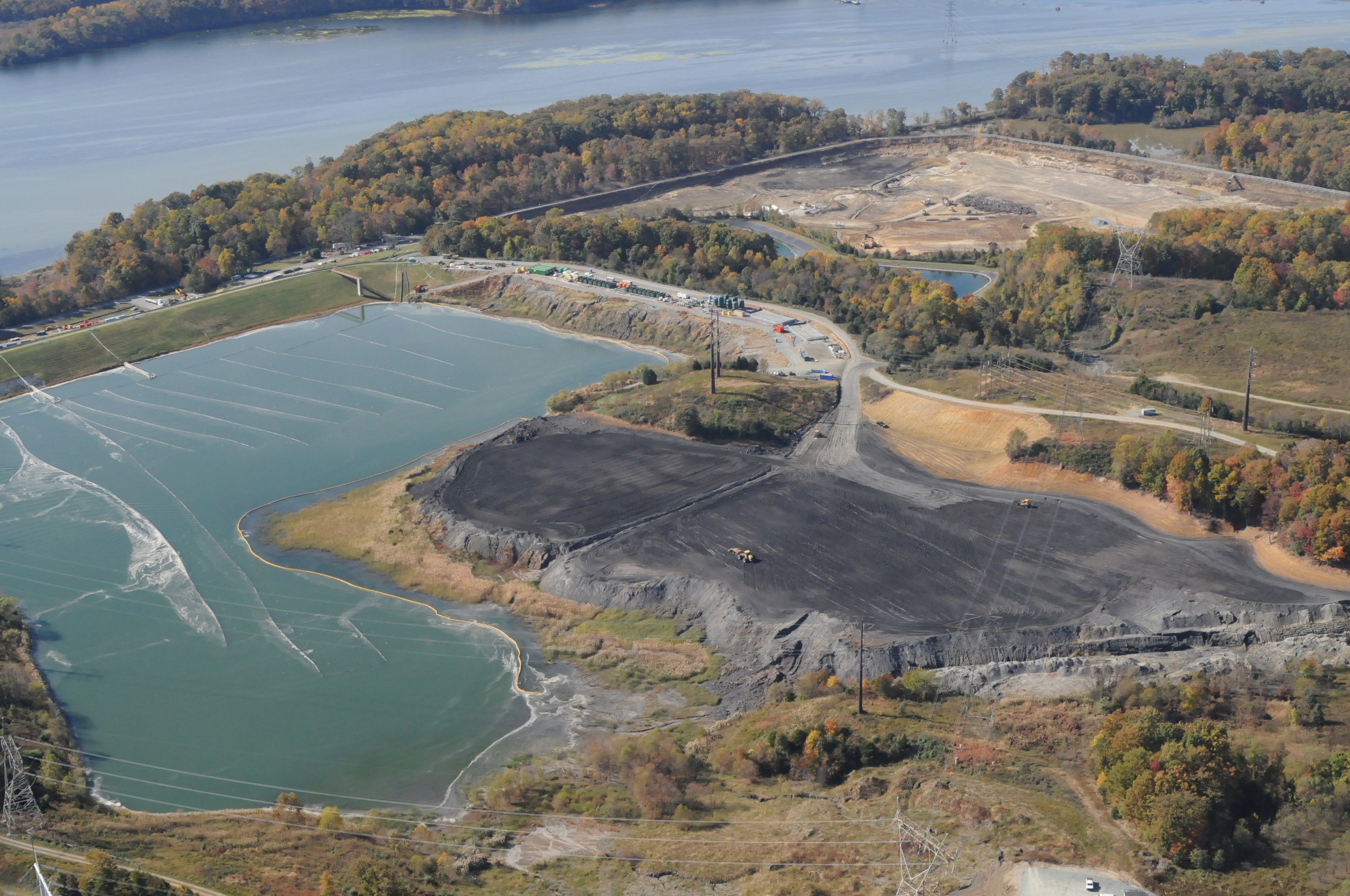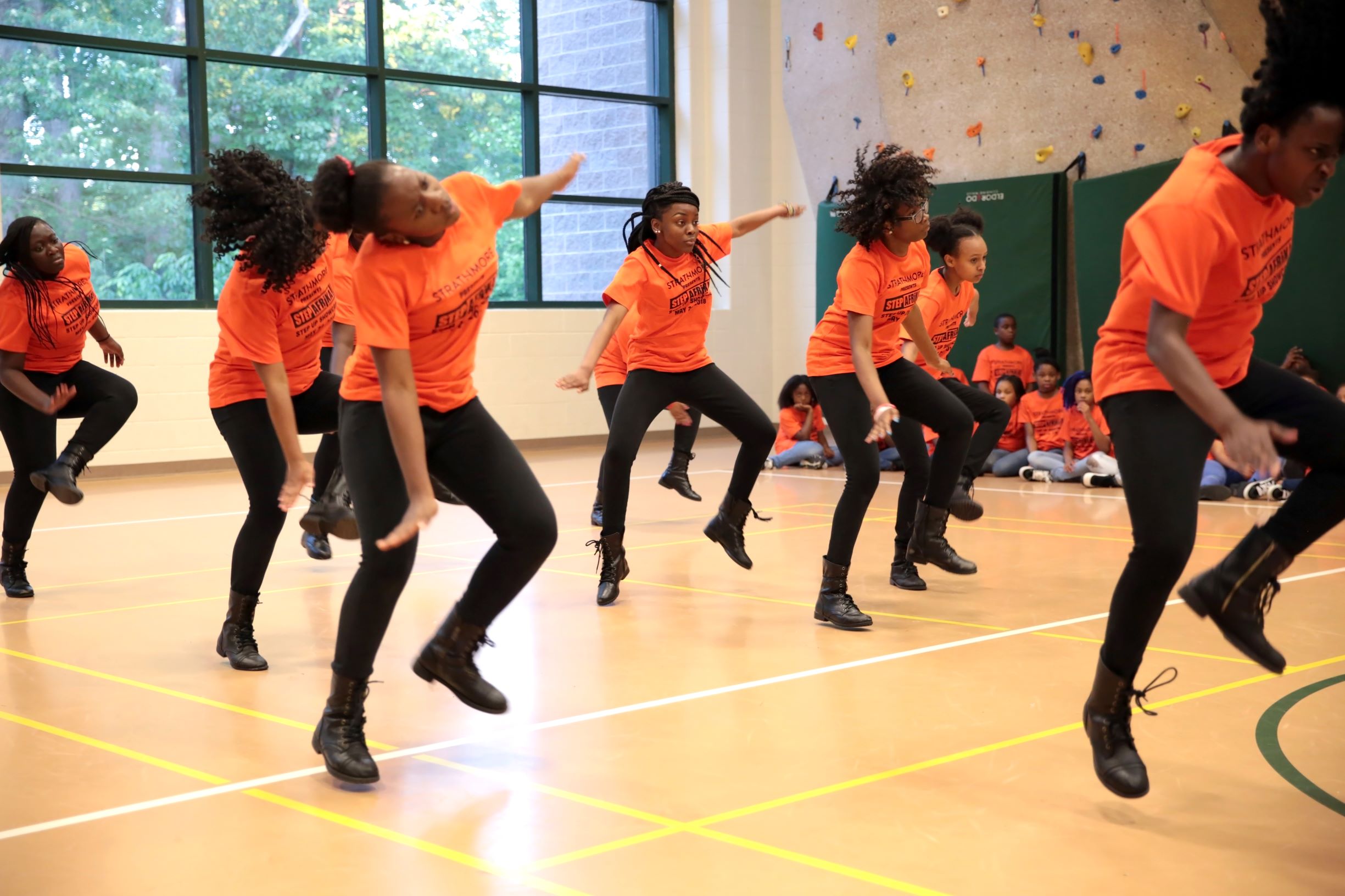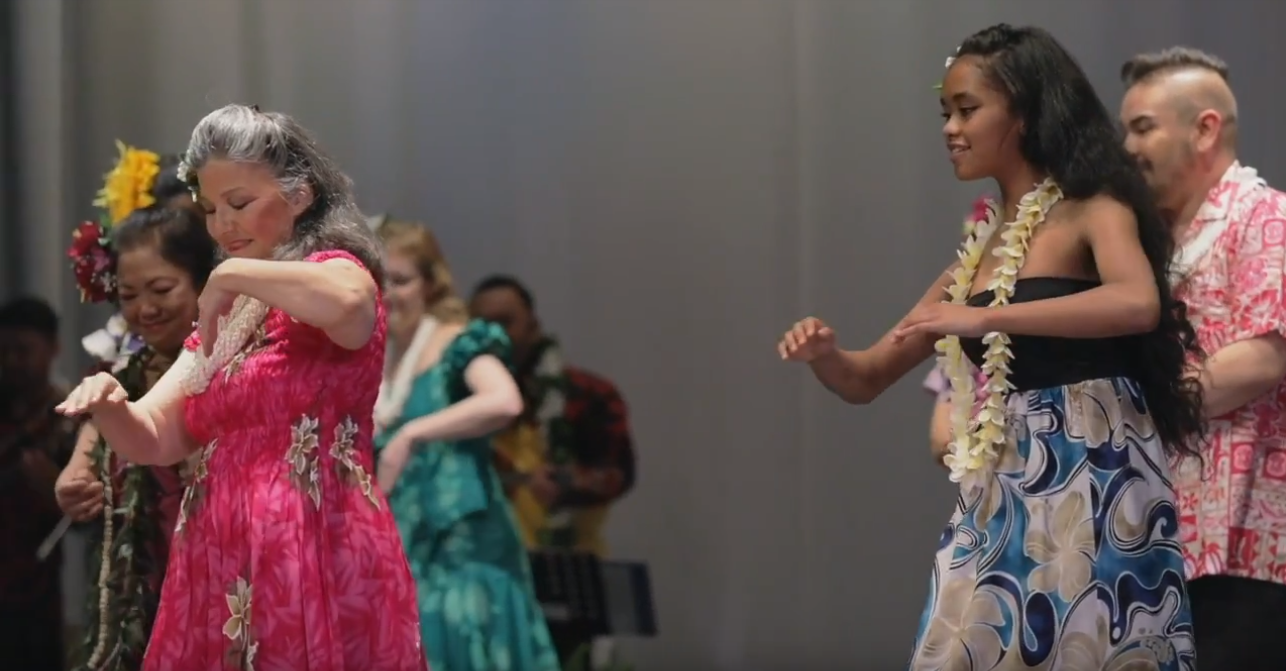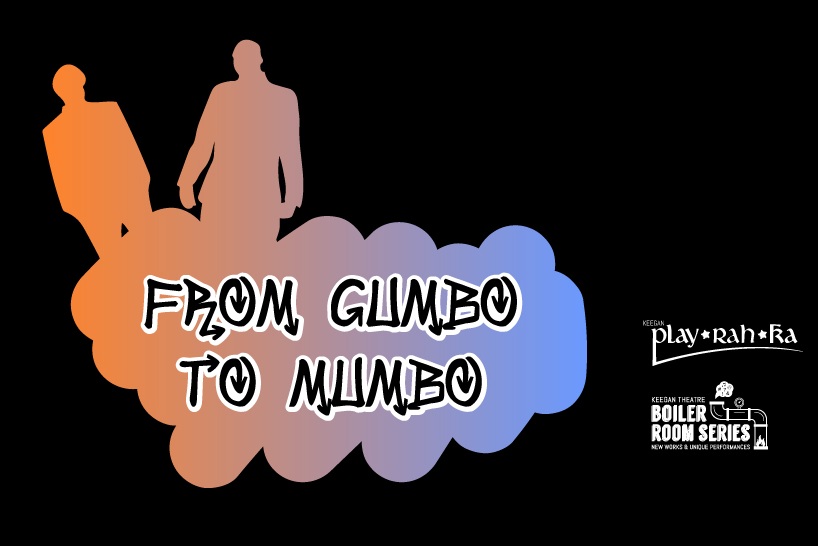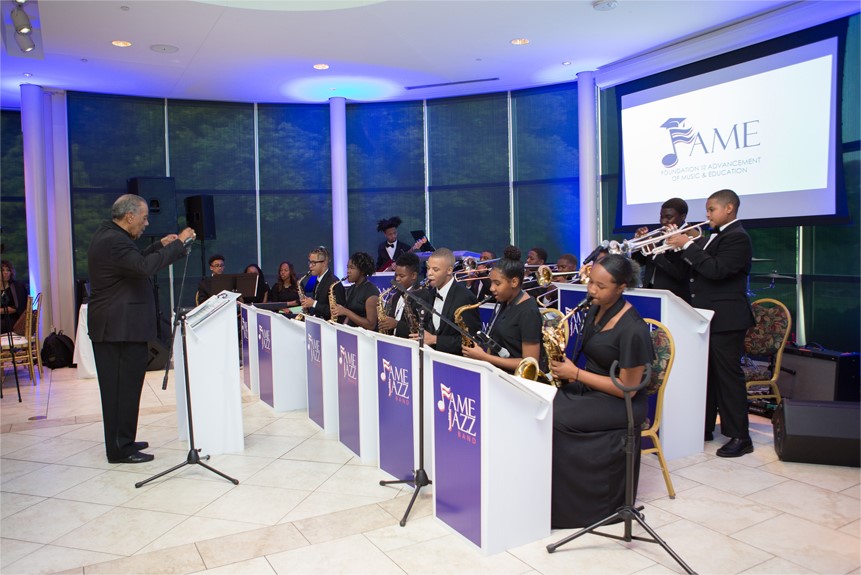The Greater Washington Community Foundation’s Sharing Prince George’s Fund is excited to announce $140,000 in new investments in seven local nonprofits serving County residents.
Sharing Prince George’s is a strategic funding effort representing a collection of philanthropic resources, including the Prince George’s Neighbor to Neighbor Fund and the MGM National Harbor Fund. It aims to increase economic security for residents of Prince George’s County by providing support for safety-net programs which help individuals in crisis to lift themselves out of poverty, educational activities that prepare young people for a successful transition to adulthood, and workforce development opportunities that will help residents earn a living wage. Since its inception, Sharing Prince George’s has awarded more than $1 million in grants to some of the best community-based nonprofit organizations serving Prince George’s County residents.
The seven nonprofits selected for funding in 2018 include:
Community Outreach and Development CDC’s Labor of Love Human Services Center will provide families with financial assistance subsidies to help avoid evictions or utility disconnections, and supply food and other gap-filling needs.
“Thanks to the Sharing Prince George’s Fund, Community Outreach and Development was able to assist 260 families (747 individuals) each with Thanksgiving and Christmas holiday food baskets, provide upgrades to our clothing closet, and also ensure our food pantry stays stocked. We appreciate the opportunity to serve our most vulnerable residents.” – Sandy Washington, Executive Director
Food & Friends will prepare and deliver 258,432 medically-tailored meals to 810 people living in Prince George’s County—individuals who are living with HIV/AIDs, cancer, or another serious chronic illness, as well as their children and caregivers.
“At Food & Friends, we are committed to bringing the community together to help our neighbors battling serious illnesses. We are proud to partner with the Sharing Prince George’s Fund: this grant will help 800 County residents in 2019, supporting costs associated with preparing and delivering our nutritionally-tailored meals.” – Carrie Stoltzfus, MPH, Executive Director
Laurel Advocacy and Referral Services, Inc.’s Emergency Services program will help 1,500 Laurel residents who face financial crisis to meet basic needs for food, rent, utilities, prescriptions, clothing and furniture.
"Laurel Advocacy & Referral Services, Inc. (LARS) is grateful for the continued support of the Greater Washington Community Foundation. The Sharing Prince George’s grant fuels our daily efforts to not only meet the basic needs of our community, but also to empower people with the skills and habits to maintain financial stability." - Leah Paley, Executive Director
Lutheran Social Services of the National Capital Area’s workforce development program will provide low-income immigrants who are refugees, asylees or victims of human trafficking with job readiness training, one-on-one job counseling, resume development, job placement and follow-up post placement.
“Lutheran Social Services of the National Capital Area has a long history of serving our newest neighbors through refugee resettlement. We are grateful for the award from the Sharing Prince George’s County Fund as it increases our ability to help our neighbors become active members of the Prince George's community.” – Christine Connell, CEO
Maryland Community Connection will create stable environments for County residents with developmental disabilities by providing support for basic needs and essential life services, such as hunger relief, eviction and utilities disconnection assistance, uninsured medical expenses, and employment placement and job retention services.
“Crisis isn’t expected. Planning for basic needs isn’t a luxury. Food and a place to call home is a necessity. And being asked for help isn’t an inconvenience. Maryland Community Connection is humbled and appreciative to provide basic needs/safety net services to individuals with disabilities, thanks to Sharing Prince George’s.” – André Coates, Executive Director
Nick’s Place Relapse Prevention Education Program will help homeless young men exiting in-patient drug and alcohol addiction treatment facilities with housing, food, employment services and addiction recovery support for 6 months to a year.
"It is a real privilege to have our 19 years of work in Prince George's County acknowledged with a grant that will help us continue to provide clean, safe, sober housing and life management programming to young men beginning recovery from the disease of addiction.” – Rhea McVicker, Executive Director
Prince George’s Child Resource Center, Inc. Healthy Families program will provide free, weekly in-home intervention services for 170 at-risk mothers to combat health disparities associated with poverty and promote children’s healthy development.
“It is an honor to be a grantee of Sharing Prince George's! This funding will make a difference for our Healthy Families Prince George's program. When offering home visiting services that provide new moms with much-needed support, this funding ensures that we can meet unique needs encountered by the families we serve.” – Jennifer Iverson, Executive Director
The Community Foundation’s Sharing Prince George's County Fund facilitates education and civic engagement around local issues and encourages more residents and businesses to collectively give where they live. The initiative helps donors strategically leverage their giving to create even greater impact in our communities by pooling resources to support nonprofits responding to the most critical needs. It also brings together donors and other stakeholders to learn first-hand about the challenges facing the area’s most vulnerable residents and engage in a peer-led grant review process, supported by The Community Foundation’s professional staff.
If you would like to learn more about Sharing Prince George’s, please visit our website or contact Desiree Griffin-Moore at dgriffin@thecommunityfoundation.org.




